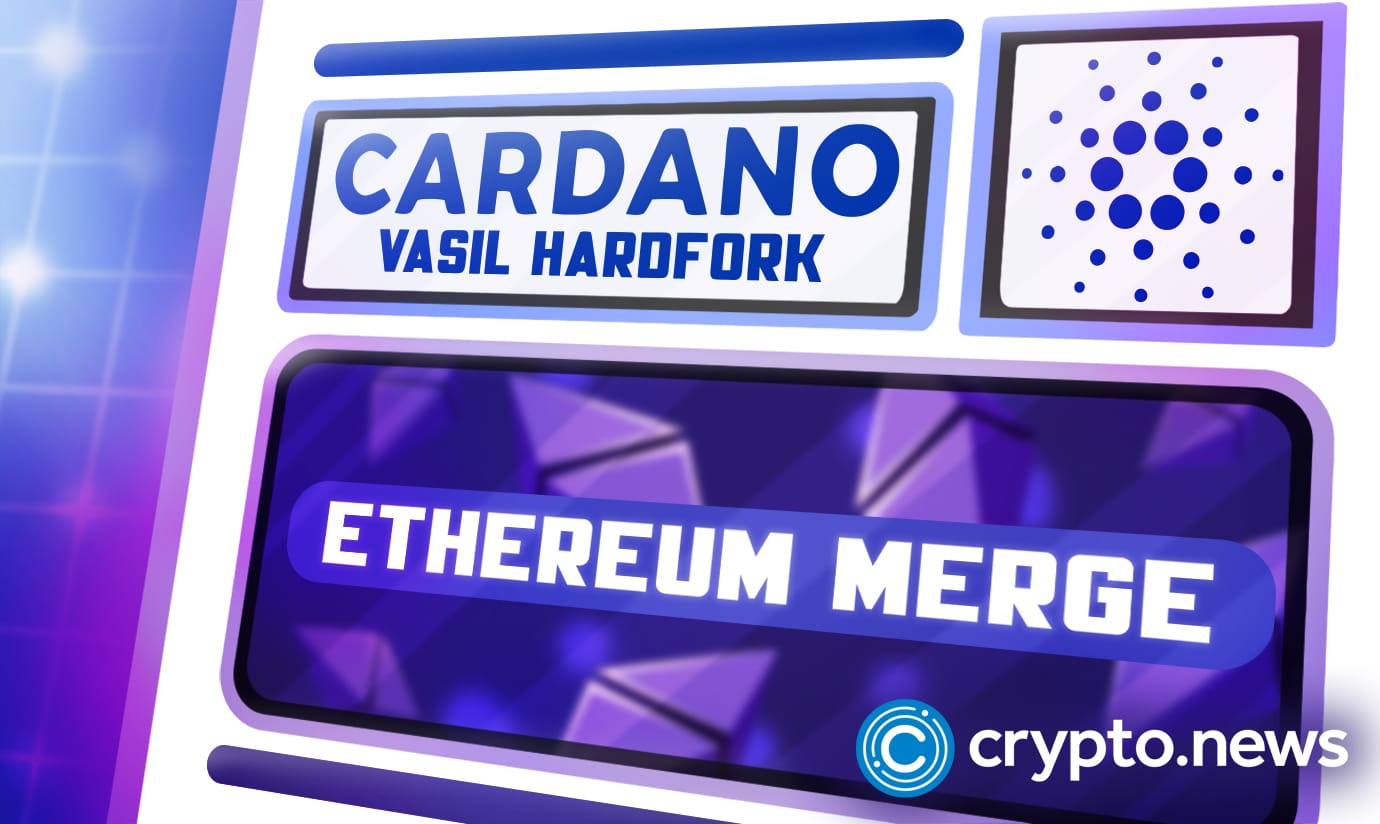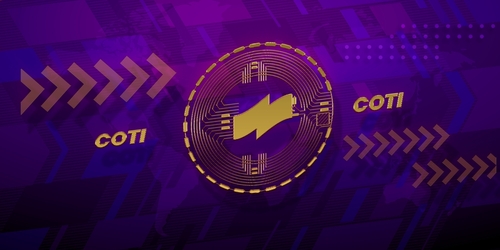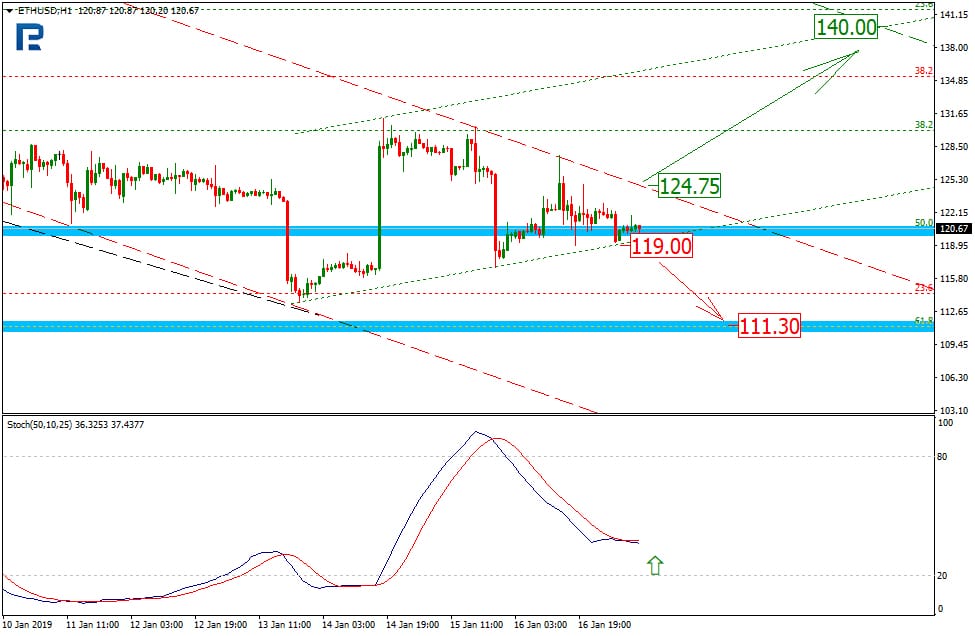2018-8-11 00:02 |
Trust Cryptos With Hard Forks?
A hard fork is an alteration to a cryptocurrency’s protocol that invalidates valid transactions and validates invalid transactions. As a result, users are required to upgraded to the protocol’s latest version.
The hard fork then splits the path of the asset’s underlying blockchain and the upgraded blocks start adhering to a new set of rules. Platforms launch hard forks to correct security risk , to enhance functionality, or to reverse transactions. In terms of the well-known DAO hard fork, it was used to reverse a transaction.
Bitcoin currently has 74 of 116 total forks affiliated with it, according to Forkdrop.io. A few of the most common include Bitcoin Cash (BCH), Ethereum Classic (ETC), and Bitcoin Gold (BGD). There are also smaller forks that are wroth much less. According to Charlie Lee, Litecoin’s creator who also worked at Coinbase, the latter platform addressed forks in the following manner: “With ETC and BCH, it was clear that those two coins will be the minority forks, so it was safe to use a wait-and-see approach. So Coinbase didn’t support those forks initially. And only if there was a transaction on those forks would Coinbase spend the time and resources to support those forks and let people access their coins on the minority chain.”
DAO Is An Example Of A Hard Fork Situation.DAO launched in April 2016 as a decentralized autonomous organization to invest in other businesses. During the platform’s fundraising stage, it raised $120 million in ETH. Three months later, a security issue occurred when users exploited a vulnerability in the platform’s code, allowing them to release about $50 million in the platform’s funds to a subsidiary account. Although it was not a hack, it certainly exhibited an issue in the coding.
Two schools of thought arose – one side argued that users who received funds as a result of the vulnerability should return the funds, and the other side argued that the smart-contracts base-system is the inviolability so it is not necessary for an adjustment to take place. The community favored the refund and Ethereum’s team went with the hard fork. As a result, the funds were returned to the original owners.
Members of the community who rejected the intervention kept using the version before the fork – Ethereum Classic, which held onto the existing Ethereum blockchain. The platform explained, “Ethereum Classic intends to keep the original censorship-resident Ethereum going” and “provide an alternative for people who strongly disagree with DAO bailout.”
How Exchanges Handle Hard ForksMost exchanges will decide if coins will be distributed among clients or not and the politics control when a hard fork takes place. Even though platforms inform client as to whether the platform will support a coin split, there are some that accommodate forks by default. For example, Binance announced in July that it will support airdrops and forked coins by projects, so long as the project team contacts the platform directly first.
Platforms that do not outright support forks may delist the coin before the fork. An example of this situation is Bl3p and its decision to delist BCH before the hard fork.
Complications And LawsuitsAn exchange that supports a hard fork may cause several issues. One such case is that of Feng Bin, a Chinese investor who sued OkCoin after the platform denied him from receiving BCH after a BTC fork occurred. Feng Bin stated that “there was no ‘button’ to extract the [BCH] that the platform promised.”
There are other situation similar to Feng Bing’s. For instance, a group of Japanese attorneys challenged local exchanges after they did not deliver on split coins. They stated, “The virtual currency you deposit at an exchange should not belong to the exchange, but to the user.”
origin »Global Cryptocurrency (GCC) íà Currencies.ru
|
|









